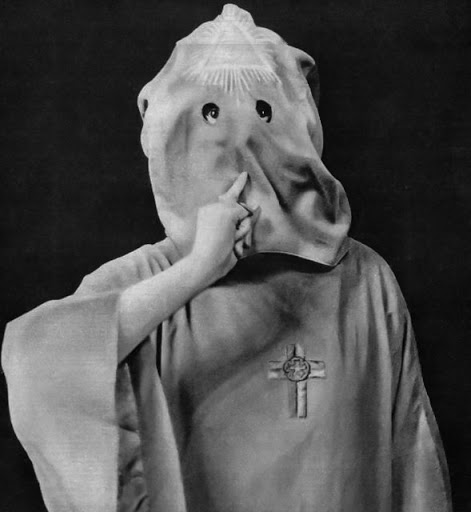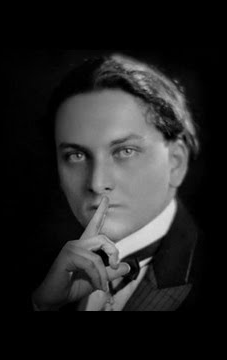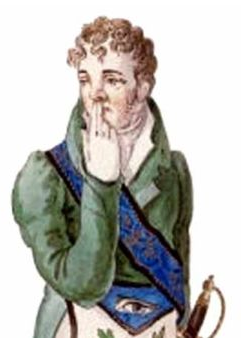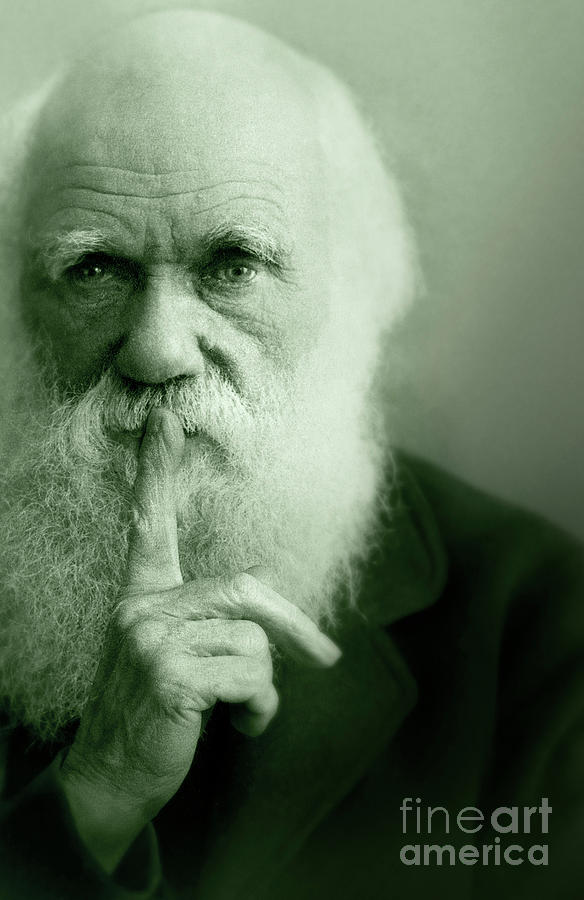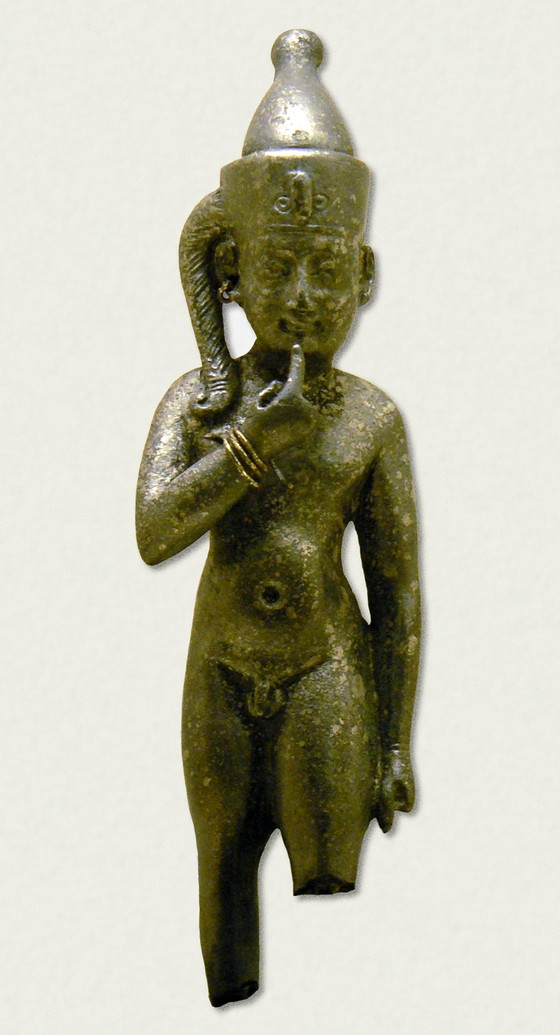As we have shown in our previous posts about the psyop aspects of the coronacircus, the agenda behind this manufactured crisis is deeper than simply Bill Gates wanting to inoculate the world.
There is one dimension we haven’t touched yet, that is the symbolic and esoteric one. We will be doing so slowly, as it is a sensitive topic; this post merely offers a glimpse into this. We will also be proposing a moral argument by trying to answer the question: what is the right thing to do in case of an actual pandemic?
Many places are now making face masks mandatory. In Germany, you must wear them before walking into a shop or using public transportation. In many US states, they are compulsory as well. As of this writing, over 30 countries are forcing them on people.
At the same time, we are being bombarded with contradictory information. One one hand, the WHO warns that “the wide use of masks by healthy people in the community setting is not supported by current evidence and carries uncertainties and critical risks” (PDF). On the other hand the CDC says we should wear “cloth face coverings fashioned from household items” (archive). The research itself says such face coverings useless at best, counterproductive at worst (archive 1, archive 2).
Readers who are familiar with our psychological warfare posts will immediately understand these contradictions, and the main reason behind making these masks mandatory; it will enrage many people. During the 1918 pandemic, masks were the measure that the general public most objected to; San Francisco even saw the creation of an anti-mask league, as well as protests and civil disobedience against the policy. Note it is none other than the WEF making sure we are aware of this (archive 1, archive 2).
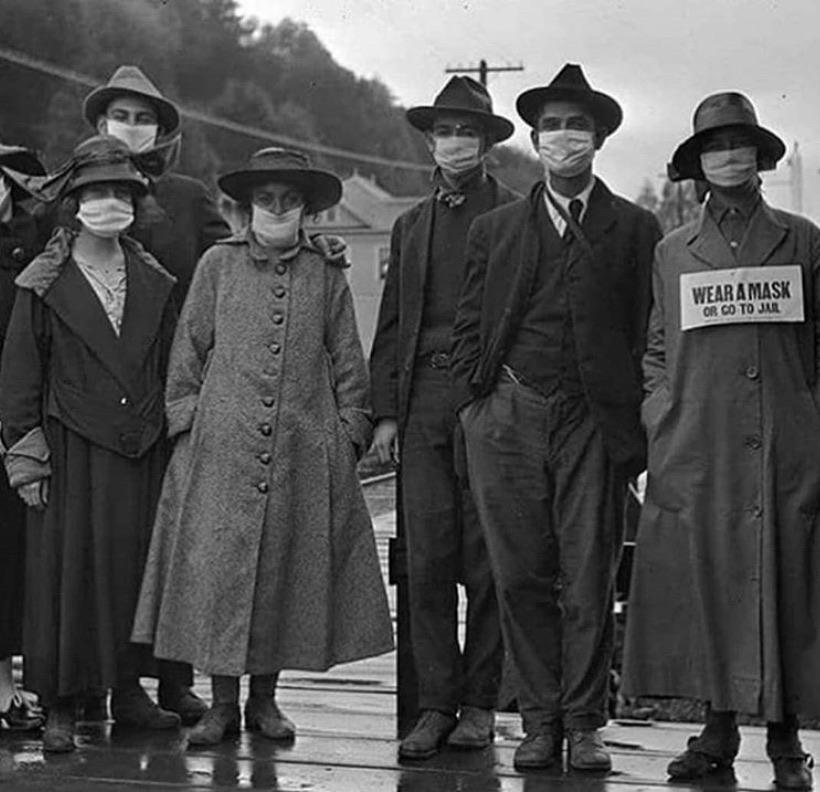
Masks As A Symbol
The WEF article linked above concludes with this sentence:
If mass resistance to the mask should arise in the months to come, it will be interesting to see if new research will produce any useful findings on phobias about covering the face.
Here is our contention: the barbaric central planners are fully aware of the unconscious mechanisms at play. They know perfectly well why people will resist them even more than the quarantines and lockdowns.
To understand, try typing “censorship” in Google Images and see what kind of illustration predominantly comes up.

Mandatory mouth coverings are unconsciously and universally associated with a gag. That in turn is a symbol of the oppression of speech; that’s why we say “gag rule” or “gag order“. That’s also why figureheads are ostensibly refusing to “mask up” (archive): we are being gagged, not them.
These unconscious associations are extremely strong. Gags are a symbol of subservience and domination; they are deeply humiliating (and indeed they are popular in BDSM sexual bondage practices). That is why people resist them so much; that is also why they are currently being made mandatory the world over.
There is little doubt the unproductive barbarians behind this circus are enjoying themselves; they believe they are being subtle. This also involves imposing their symbols on us. The esoteric interpretation of the mandatory gagging ties into the symbology of silence, that is as old as occultism itself (esoteric means “inside the circle”, occult means “hidden from view”). The idea is to make people unwittingly wear and adopt their symbology as a reminder of who is controlling them behind the scenes.
A Moral Solution
Nobody advocates killing everyone infected with HIV or Ebola; but why? Presumably, they are deadly, contagious diseases; and eliminating all carriers would reduce their spread. The answer, of course, it that it would be morally wrong. So morality does indeed exist. But what is the limit then, the red line? What is acceptable, and what isn’t?
Let’s put aside for a moment what we know about the coronacircus, and imagine we were faced with an actual pandemic. Let’s even picture masks, lockdowns, quarantines, tracking, surveillance, and other restrictions as proven to help.
Wouldn’t the coercion and government violence be then justified? The answer is, resonantly, vehemently, peremptorily: NO!
The easiest way to approach this is by contradiction. Indeed the usual justification for such measures is that we live in a democracy, and that the collective interest therefore supersedes the individual one. In other words, if a majority of people are in favor of these measures, they are justified by definition. In addressing the argument like this we are accepting the axiom “democracy is good” and “democracy is morally preferable to tyranny”.
So now we simply need to show coercion is incompatible with democracy. To do that, we need to falsify the idea democracy is reducible to mob rule (universal suffrage); we need to show a majority may not impose its will on a minority. We realize that is unfortunately what it has come to mean; we also know US founding fathers never used the term democracy, wary of that very risk. Still we can show that definition to be wrong.
The word democracy, in the strict sense, means the people (demos) in power (kratia). Or, in other words, the people are above the State, i.e. the State works for the people, it is subservient to them.
But if the people hold the power, a practical question comes to mind. Where does the government get the authority to, for instance, regulate what plant I may ingest?
I don’t personally have the right to forcibly prevent another adult from ingesting plants I dislike (or that I deem dangerous). Nor does anyone have that power over me. So where does the State get that right? Who could have granted it that prerogative, if nobody holds it to begin with? Does voting matter, if not one single voter has the right to do what they are voting about?
Let’s dig a bit into this notion, and use a simple analogy to easily explain what (actual) democracy entails.
Imagine five neighbors who decide to all chip in to hire a security guard. The guard watches over all his employers’ homes while they are tending their business.
This guard may catch, arrest, or chase a trespasser/burglar, as each one of his employers has delegated to him his own individual, natural right of doing so. The guard may not however enter one of his employers’ home to rearrange the furniture (or loot his refrigerator), even if the other four have asked him to do so. Indeed they don’t have that right themselves, and thus couldn’t have granted it to the guard.
You give the guard a little star, ask him to dress up in a costume, and call him “the sheriff” – but still he works for you, his only power is whatever power you have – and could – delegate to him in the first place.
Middle-Age kings, in their defense, had a coherent political ideology: the authority to rule others is granted to them by God. Feudal subjects don’t own their body, life, and labor: the sovereign does. But this line of thinking is outdated; we are supposed to live in a democracy; the State derives its power from the People. Therefore, it cannot have any power that the people do not have to begin with.
So, if no “civilian” has the power to force me to wear a face cloth, no State agent wearing a costume can have this power either, regardless of the amount of government paraphernalia hanging on his costume.
Tentative Rebuttals
This realization, that democracy actually equates with individual liberty, comes with deep implications. Therefore, it sometimes produces strong resistance. Here are common tentative rebuttals, with the appropriate answer (in our own opinion).
If the State cannot coerce, pandemics might kill countless people. What should we do then?
The answer is individual responsibility. Forcing everyone to stay inside so that those who don’t want to stay inside may go outside safely does not make any sense anyway. If you’re afraid of lightning, don’t go out in the storm; if you’re afraid of ticks, don’t walk in high grass; if you’re afraid of other people infecting you, avoid other people. Isolate yourself.
But what about roads? ROADS! If the individual is to be respected, if the government can’t initiate violence against him, we wouldn’t have any roads!
That’s commonly known as the slaverowner’s argument: “but without slavery, how will we pick the cotton?“. The proper answer is to renounce cotton; emancipate the slaves first, figure out how to pick cotton second. The moral anti-slavery stance supersedes the practical consideration of knowing how to pick cotton. Just as we figured out how to pick cotton without slaves, we will surely also figure out how to build roads in a democracy. And if we don’t, so be it, we can just walk.
But what about gay marriage? Transgenderism? Abortion? We need an enlightened State to protect us against the ignorant hordes.
The number one abuser, enslaver, colonizer, and mass-murderer, by a long shot, across geography and history, is the State. Democide (a word we rarely hear, death by government) is the #1 cause of non-natural death in every century. In the 20th alone it represents over 250 million dead (not counting soliders killed in war).
Furthermore, discrimination in the context of civil rights means, and has always meant, discrimination by the State. Equality is equality before the law.
If the State holds only the powers that could have been delegated to it, then it cannot discriminate; nor can it abuse, enslave or kill anyone.
In a proper democracy, the State would be utterly agnostic and neutral when it comes to “minority issues”. Men would be completely free to amputate their testicles and call themselves women, as anyone would be free to claim they are a velociraptor. The government would not be involved in consecrating unions, so gay marriages would most definitely be possible. Neither pregnancies nor vaccinations could be forced on anyone, as everyone owns his own body.
But what about forced taxation? We have to have redistribution of wealth for the most unfortunate.
Solidarity is a virtue. Every moral human being should, to the extent of his possibilities, help people in need. Voluntary communities and social contracts are righteous indeed.
The answer is therefore radical decentralization and local governance: let people form, join and leave communities freely. In a free society, we are at liberty to form or join any system, as long as we impose it on ourselves and nobody else.
Conclusion
In this post we have started addressing two congruent topics we believe are important to the coronacircus. First, its symbolic and esoteric aspects, as they play an important role in the manipulation and mind control. Second, the philosophy of liberty, as that is what is ultimately being targeted.
We have not answered one question though: what to do about these face masks? Should we comply?
Of course that answer is left to each individual conscience. We would like to point out one thing though: civil disobedience can also be done in good nature. In the great tradition of Molière, who mocked the barbaric powers that be rather than belligerently opposing them, humor carries great power.

